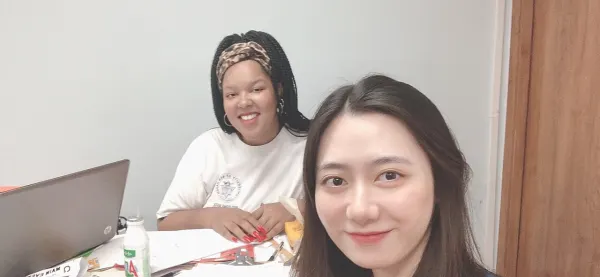Enthusiastic Science And English Tutor
About
I am recent graduate with a double degree in Forensic Science and Biology Premedical with a minor in Chemistry. I then taught for two summers after college at Yale University, teaching Anatomy and Physiology and then Forensic Science. In the summer of 2019, I taught Forensic Science in Shanghai, Shenzhen, and Xiamen, in China for several weeks. I am now looking into Graduate school to earn a M.S. in Forensic Science.
The best moment for me as an educator is when a student realizes something or finally reaches a goal. The efforts of two minds reaching a goal together is very rewarding!
Photos and videos

No reviews (yet)
Frequently asked questions
What is your typical process for working with a new student?
The typical process I work through is to first understand a students background; what they know, understand, and want to learn. After we establish an understanding, both parties can move towards learning new concepts and trying new methods of learning. All students learn differently, some through visuals, others through hands-on activities. Figuring out what path will be work for that student is essential to determining the progress that will be made.
What education and/or training do you have that relates to your work?
•Two year senior teacher at Yale University
•First year teacher at WOW Academy in China
Do you have a standard pricing system for your lessons? If so, please share the details here.
$16-$20/hr for tutoring only
•additional options can be discussed
What types of students have you worked with?
• ages 7-16
• special needs
Describe a recent event you are fond of.
A recent event I am very proud of is when a chinese student of mine investigated a crime scene I desgined and he presented his findings and conclusions for 15 minutes. My class listened respectfully to everything he said and then nicknamed him "Detective Alex." One of my proudest moments as an educator in Forensics.
What questions should students think through before talking to teachers about their needs?
• Determine what you "think" you do not know and any questions that may arise from that confusion. Having a baseline of understanding gives two parties groundwork to build on.
• Explain what you understand and how you understand it. How you understand something is important, and finding connections with this can help a student understand where they are confused.
• Together we can find new ways and routes to helping you learn new things, but you should always ask, "What is the goal we would like to achieve and how can we best get there?"